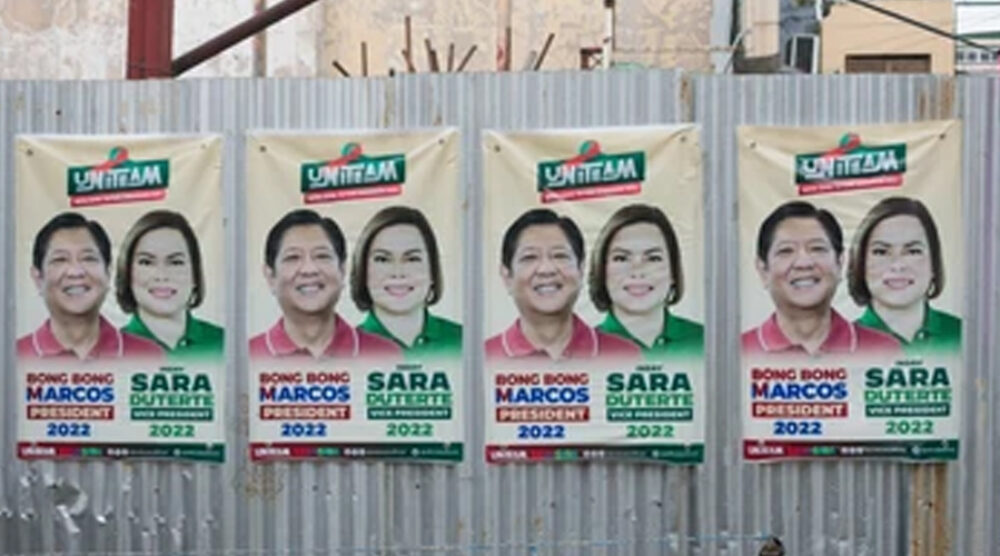ADELE WEBB |
The offspring of strongmen were the clear winners in last Monday’s Philippine national election. Ferdinand “Bongbong” Marcos Jr is set to follow in the footsteps of his father, the late dictator Ferdinand Marcos, and expected to be sworn in as President in July. Next to him will be the new Vice President Sara Duterte, daughter of departing president Rodrigo Duterte, whose championing of a police killing spree of alleged drug addicts has attracted international notoriety.
The Marcos-Duterte ticket was undoubtedly central to the outcome. Running separately in the presidential race, as originally looked likely, would have left open a window of possibility of victory for outgoing VP and liberal presidential candidate Leni Robredo. As it was, Robredo’s pink campaign placed a distant second, winning fewer than half of the Marcos vote.
The Marcos family’s return to Malacañang Palace is shocking, but not surprising. For three decades the family have been taking advantage of the information vacuums about the martial law period left by uncritical history textbooks. A carefully crafted and actively disseminated folklore about a golden era under Marcos Sr filled the void. The experience amounts to a cautionary tale about the careful and strategic forgetting of episodes of grand atrocities and abuses of power, stewarded by those responsible.
Questions now turn, domestically and abroad, to the kind of leader Marcos Jr will be.
Please click here to read the full “What a Marcos Jr presidency in the Philippines means for geopolitics“ article published at The Interpreter, written by Griffith Asia Institute Adjunct Research Fellow, Dr Adele Webb.








